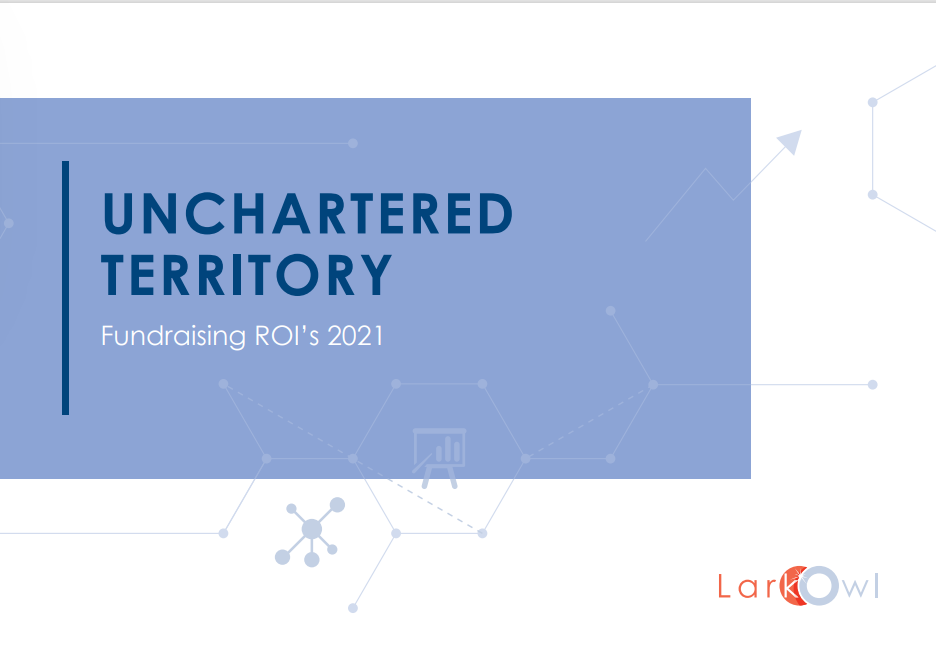Christmas period to pose significant challenges for charities, research finds
This Christmas will pose significant challenges for charities with a quarter expecting donation income to be more than 25% lower than last year.
According to the latest Covid Charity Tracker Survey, run by Pro Bono Economics in partnership with Charity Finance Group and Chartered Institute of Fundraising, the Christmas period is either very or quite significant to total annual income for 44% of charities.
Overall, a quarter said they expected donation income to be more than 25% lower than it was last year, with just over a fifth expecting it to be up to 25% less. However, this is worse among smaller charities, with two-in-five expecting their donation income this Christmas to be more than a quarter lower than in 2019, while 78% of those charities for whom Christmas fundraising forms a significant part of their annual income expect to suffer a drop.
Service delivery will also continue to be affected, with around a fifth (19%) of charities believing they will be unable to deliver their services adequately over the Christmas period, and just under 90% expecting Covid-19 to impact their ability to deliver services over next year.
More job losses are also on the cards with nearly a quarter (23%) expecting to make staff redundant when the Job Retention Scheme ends at the end of this month. Just 1 in 10 plan to use the government’s replacement Job Support Scheme, which allows employees to work part time, and pay for hours not worked to be split between the employer, the government, and the employee, through a wage reduction.
The survey also asked about take up of the government’s temporary loan schemes: the Bounce Back Loan Scheme, the Coronavirus Business Interruption Loan Scheme (CBILS), the Coronavirus Large Business Interruption Loan Scheme (CLBILS) and the Future Fund. However, it found that only 7% of charities had used one of these schemes, with 3% planning to apply. Among smaller charities, only 1% have applied. In comparison Bank of England data shows that 19% of businesses are using or planning to use the CBILS or CLBILS.
Only 7% of charities said they did not require any additional support to help them deliver their objectives. The majority (68%) expressed a need for additional financial resources, with smaller charities slightly more likely to say this than larger ones.
Other barriers to achieving objectives include uncertainty over social distancing, with two fifths saying more certainty over future arrangements would help, and a fifth seeking more clarity over current arrangements. More collaboration between charities could help however, with a quarter (26%) of respondents saying more opportunities here would help them deliver on their objectives.
The Covid Charity Tracker Survey was live between 12-18 October and received 291 responses. It can be read in full here.




